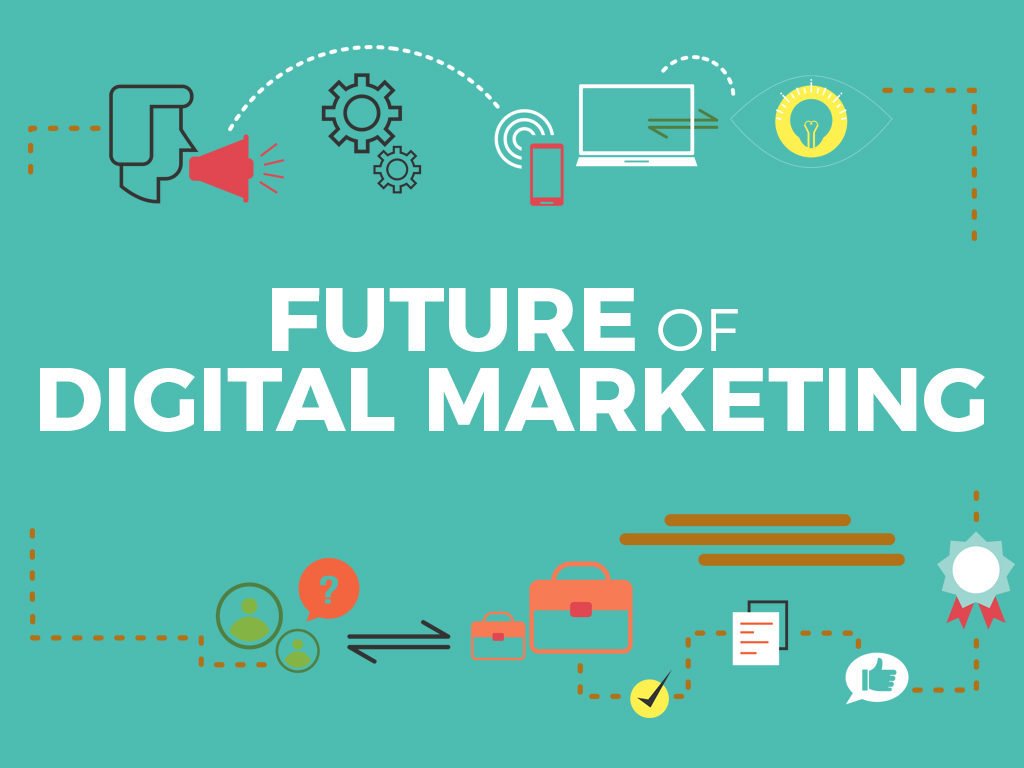Why Digital Marketing is the Future
We are living in a digital era—an age defined by technology and a constant hunger for content. Technology evolves every second, and so does marketing. Digital marketing continues to grow rapidly and shows no signs of slowing down. In this tech-savvy generation, the scope of digital marketing has expanded massively, blending creativity with data-driven science.
Successful marketing today comes from collecting, analyzing, and applying insights about where and how customers spend their time online. In short, data represents behavior. Understanding this behavior helps marketers craft compelling messages and strategic campaigns. Tracking customer activity and connecting emotionally through content, ads, and design can make a significant impact in the digital space.
The Role of SEO in Digital Marketing
With more than 40% growth in digital media marketing—especially through Search Engine Optimization (SEO)—the digital industry continues to rise. You simply cannot imagine digital marketing without SEO.
SEO, or Search Engine Optimization, is the process of improving your website to increase its visibility in organic search results. It’s not a one-time task but a dynamic framework that involves continuous optimization.
For simplicity, SEO can be divided into two main categories:
-
On-site SEO: Techniques and rules applied to your website to make it search-engine-friendly.
-
Off-site SEO: Activities done outside your website, like link-building and promotions, to improve your search rankings.
Ultimately, everything depends on website traffic. However, instead of focusing solely on building links, businesses should prioritize creating high-quality content that attracts and engages visitors.
The Power of Content Marketing
Content plays a vital role in any digital marketing strategy. An effective content marketing strategy establishes a strong foundation for lead generation and performance analysis, as every piece of content can be measured.
If a “how-to” guide drives 10% of your digital leads, that’s a sign to create similar content. If your long-form blog on industry tips becomes the most viewed article of the year, share it across social platforms and develop a follow-up. Quality content doesn’t just inform—it builds authority and trust over time.
Social Media Marketing: The Digital Lifeline
Digital marketing is incomplete without Social Media Marketing (SMM). Today, life itself feels incomplete without social media. Platforms like Facebook, Instagram, LinkedIn, and X (Twitter) connect billions of people worldwide. They also offer some of the most precise targeting options in marketing—allowing advertisers to reach audiences by age, interests, location, behaviors, and more.
To get the best results, combine search, display, mobile, email, and social campaigns. Test, analyze, and refine until you discover what truly works for your audience.
When building a social media strategy, think holistically rather than focusing on individual tactics. Every post, email, or link should have a clear purpose that supports your overall goals. Avoid posting just for the sake of being active—posts without engagement or traffic waste time and resources.
Understand your audience and where they spend their time. If your customers aren’t active on a certain platform, focus your energy elsewhere. Dedicate your resources to the strategies that drive real results.
Learning from Your Audience
Social media also offers valuable insights directly from your audience. You can receive honest feedback about campaigns, messaging, and brand perception. Encourage participation—invite your followers to share photos, stories, or testimonials. Reward them for their engagement by featuring their content or recognizing their loyalty. This not only strengthens your brand’s image but also turns customers into advocates.
The Future of Digital Marketing
Yes, digital marketing is undoubtedly the future. Although it has grown tremendously, it hasn’t yet reached its peak. The industry continues to evolve with the introduction of AI, automation, voice search, and data analytics.
The key to success lies in knowing your niche, understanding your audience, and staying adaptive to new technologies. Businesses that embrace innovation and creativity will continue to thrive in this ever-changing digital landscape.


